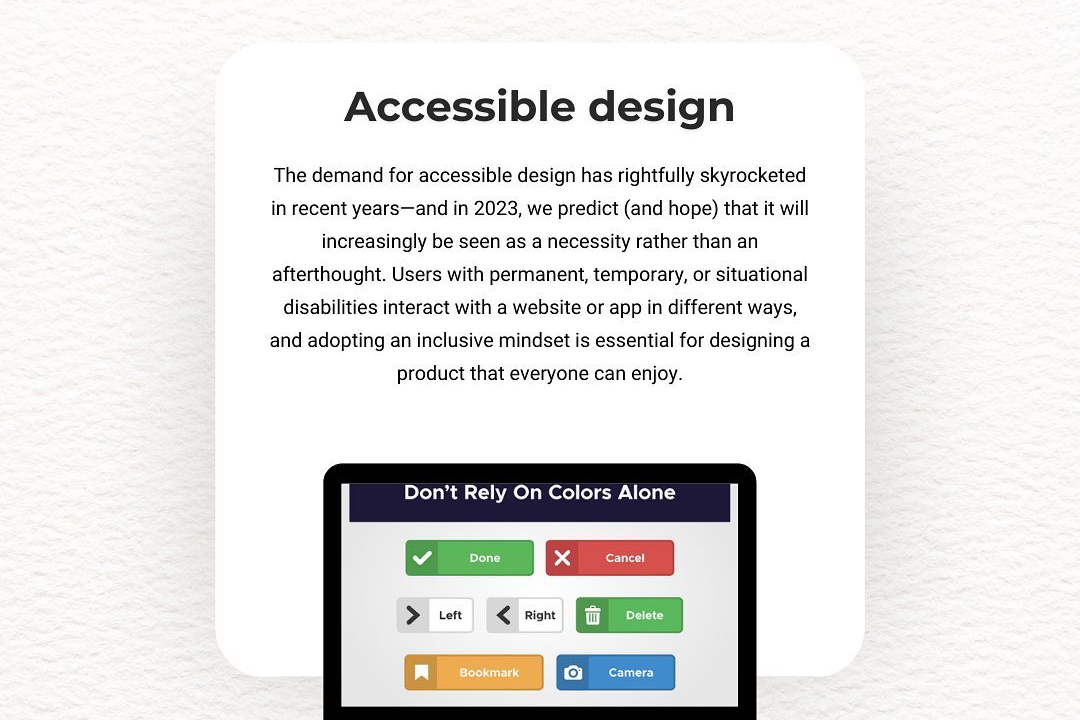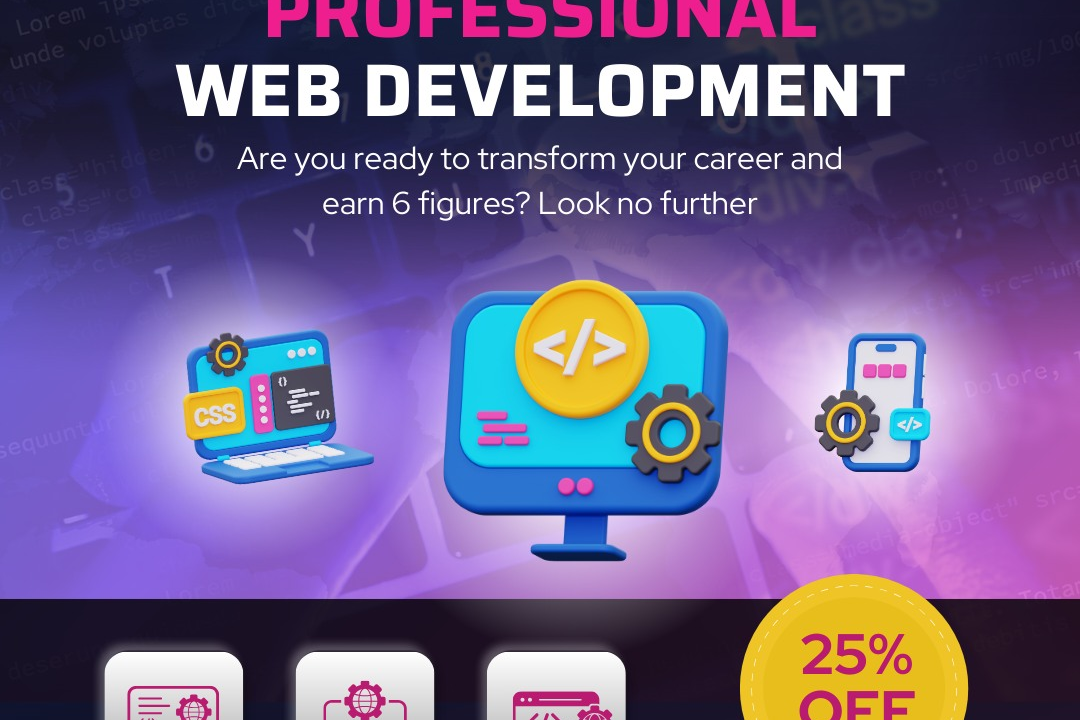iOS Programming Fundamentals for Advanced Learners
Mastering iOS Programming: Advanced Fundamentals for Experienced Developers
iOS Programming Fundamentals for Advanced Learners
iOS programming fundamentals for advanced learners encompass a deep understanding of Swift, Apple's powerful and intuitive programming language, and the iOS SDK (Software Development Kit), which provides the tools to build robust applications. Advanced developers should master concepts such as MVC (Model-View-Controller) architecture, along with protocols, generics, and memory management to create efficient and reusable code. Familiarity with SwiftUI for declarative UI programming, and UIKit for traditional imperative approaches, is essential, as is the ability to implement complex animations and gestures. Advanced topics also include asynchronous programming with Grand Central Dispatch (GCD) and Combine for reactive programming, as well as leveraging Core Data for persistent storage and integrating with third-party libraries using Swift Package Manager or CocoaPods. Furthermore, understanding app lifecycle, security best practices, and performance optimization techniques is crucial for building high-quality, production-ready applications.
To Download Our Brochure: https://www.justacademy.co/download-brochure-for-free
Message us for more information: +91 9987184296
1 - Swift Language Proficiency: Master the Swift programming language, focusing on its syntax, control flow, optionals, and advanced features like generics and protocols.
2) Xcode IDE Mastery: Familiarize students with the Xcode integrated development environment, including Interface Builder for designing UIs and tools for debugging and performance analysis.
3) Model View Controller (MVC) Pattern: Understand the MVC design pattern used in iOS development, detailing how to separate data management, UI, and overall application logic.
4) SwiftUI Framework: Explore SwiftUI for building user interfaces declaratively, including property wrappers, view composition, and animations.
5) UIKit Fundamentals: Delve into UIKit, including view controllers, views, gesture recognizers, and navigation controllers, to create traditional iOS apps.
6) Auto Layout and Constraints: Learn to create responsive layouts using Auto Layout, covering constraints, intrinsic content sizes, and adaptive layouts across different devices.
7) Networking with URLSession: Understand how to perform networking tasks using URLSession, including handling JSON data and best practices for asynchronous calls.
8) Data Persistence with Core Data: Dive into Core Data for data storage, teaching how to create data models, fetch requests, and manage relationships.
9) Concurrency with Grand Central Dispatch (GCD): Study how to perform background tasks and manage threads using GCD to enhance application performance and responsiveness.
10) Error Handling and Debugging: Focus on Swift’s error handling mechanism with `try`, `catch`, and `throw`, alongside best practices for debugging and troubleshooting.
11) App Lifecycle Management: Understand the app lifecycle in iOS, including state restoration, background execution, and resource management.
12) Testing and Test Driven Development (TDD): Introduce unit testing and UI testing using XCTest, emphasizing the importance of writing test cases and maintaining code quality.
13) User Experience (UX) Design Principles: Cover UX principles essential for mobile apps, including accessibility, intuitive navigation, and user engagement strategies.
14) App Store Submission and Guidelines: Provide insights on the app submission process to the App Store, detailing app certification requirements and adhering to Apple’s guidelines.
15) Integration of Third Party Libraries: Explore the use of dependency managers like CocoaPods and Swift Package Manager to incorporate third party libraries and frameworks.
16) Swift Package Manager (SPM): Learn about SPM for managing project dependencies and modularizing code, enhancing collaboration, and code reuse.
17) Push Notifications and Background Tasks: Explain how to implement push notifications using APNs and handle background tasks efficiently.
18) Working with APIs: Teach students how to interact with RESTful APIs, parse responses, and manage authentication methods such as OAuth.
19) Cloud Services Integration: Introduce integrations with cloud services like Firebase or AWS for features like real time databases, user authentication, and storage.
20) ARKit and Machine Learning Integration: Provide an overview of integrating augmented reality and machine learning capabilities into apps, using ARKit and Core ML.
21) Version Control with Git: Teach students the basics of using Git for version control, including branch management, commits, and collaboration workflows.
This structured program should equip advanced learners with comprehensive knowledge and skills necessary for mastering iOS development.
Browse our course links : https://www.justacademy.co/all-courses
To Join our FREE DEMO Session: Click Here
Contact Us for more info:
- Message us on Whatsapp: +91 9987184296
- Email id: info@justacademy.co
Flutter Training in Vadgaon Kasba












